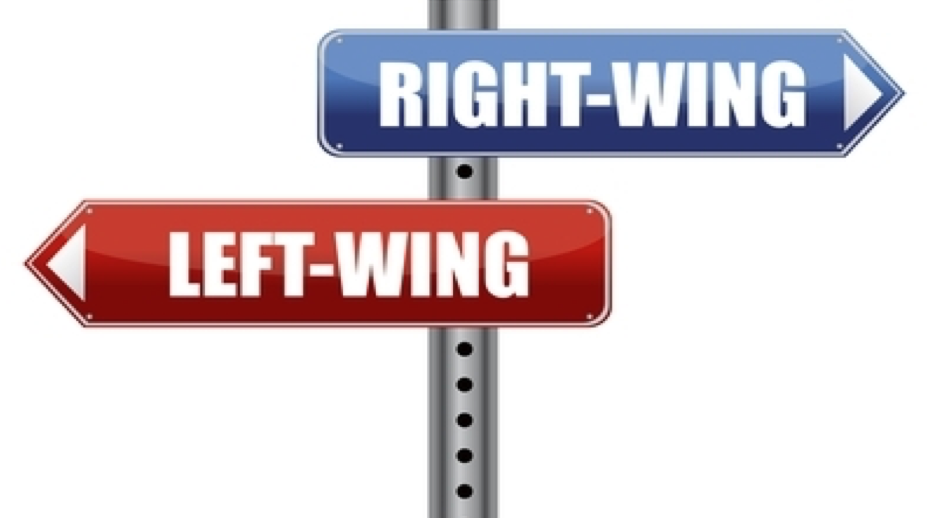CommentsCHATMATES--This is a response to Bob Gelfand’s piece, “Taking Issue with the Author Who Has Issues… With How the Left Presents Itself.”
With a dash of humor, let me put it this way. This piece (the one you’re reading now) concerns my issues with this author who took issues with my issues raised in last week’s, "One Year Later...Why I Left the Left." (We can abbreviate it as WILTL.) Of most importance, it seems so many discussions reach – or rather, crash-- into a roadblock, occurring not with the logic of an argument, but because of the definitions of the things we're arguing about. If these definitions can't be reconciled, debate can be difficult.
Consider this take on the meanings of: "the Left", "the Right", "liberal" and "progressive." Note: It’s my contemporary view on these words. These days, the meanings of many words appear to embrace fluidity more than stability, abstract more than concrete.
The Left: a population between the "Center Left" and (including) the "Alt Left" or "Extreme Left."
The Right: a population between the "Center Right" and (including) the "Alt Right" or "Extreme Right.
Progressive: generally, those on "the Left."
Liberal: This is the tricky one, quite fluid. Whenever I use the word, it's in the context of someone with solid Left-leaning views...but not Far Left.
When using the meme, "Why I Left the Left," I'm referring to departing from the Far Left or the Progressive Left, while NOT abandoning every Left-leaning position.This is an important issue raised in Gelfand’s piece that I needed to clarify.
Why was I “Progressive” years ago, but not now? This was another issue raised in his article. Answer: I see "Progressivism" as having moved much farther to the Left...to the Left (song reference) than it was perhaps 10 years ago. You see, I was involved in the Occupy Movement. Yes, you read that correctly. Back then, as referenced in the first of my two WILFT articles, the progressive protests against the Big Banks had four hallmarks of meaning:
Acute, Specific Goal: We DID NOT (and still do not) want bail-outs for the "too big to fail" Big Banks which have blatantly broken the law.
Seriousness: Shock value did not override the message. Therefore, we saw no bloody heads...ok, you get the idea.
Specific Issue: We held our "issue" signs outside the banks, but there was not much that was confusing in the message. There were no puss# hats, no folks dressed up as genitalia, no taking of knees, no "# the Police" justice chants, and so forth.
Non-Violent: I didn't see one Antifa member fighting or holding an upside-down flag, or folks questioning patriotism...as a new form of patriotism. (Now, that is another can of worms, a large can.)
Last, but not least, at the end of Gelfand’s piece, he raises the question (paraphrased), "If I'm so anti-Left, why/how can I have deep concerns about the environment?” The very short answer: I'm not on "the Left," as previously defined, but maintain perhaps three Left-leaning views. Notably, those are the environment, gun responsibility (see article), and keeping our Big Bank pals in check.
Hmm, one might easily retort, "Well, those three things seem pretty Left-leaning to me...what exactly are all the Right-leaning things you support now?" In these ever-evolving environs of political fluidity, I can think of about five things, which is a whole piece in itself. I reckon we've opened up the can of worms enough for now. Next week we can open the "right" side of the can, while hopefully not tearing the lid off.
(Kevin J. Suscavage has written about politics on both sides of the aisle. He was involved with Patty Lopez’ successful CA Assembly campaign in 2014.) Edited for CityWatch by Linda Abrams.

















